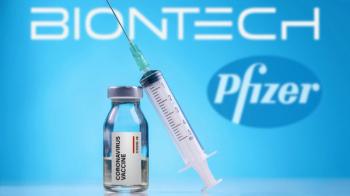
This Israeli study found 3 and 4 doses of Pfizer-BioNTech bolstered antibody titers in adults 60 and older.

This Israeli study found 3 and 4 doses of Pfizer-BioNTech bolstered antibody titers in adults 60 and older.

The CDC is advising clinicians to test for parechovirus in infants exhibiting fever, sepsis-like syndrome, or signs of neurological impairment.

He is experiencing mild symptoms and is going to take Paxlovid.
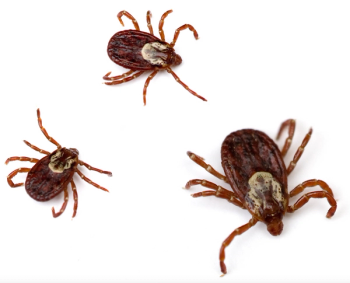
With the warmer months in full swing, here are clinical considerations and strategies for tick-borne infections.

As monkeypox cases increase, investigators are turning to smallpox antivirals.

This agent is likely best utilized as part of a combination when treating this bacterium but data regarding appropriate combinations are scarce.

This decision follows votes to allow the vaccine to be indicated for prevention of the virus in adults 18 years and older.
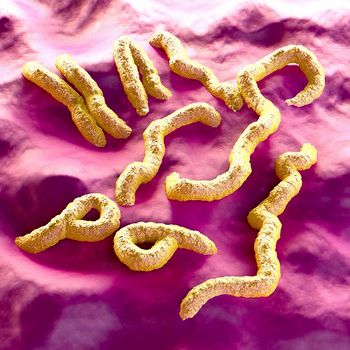
2 patients died of Marburg virus in the southern Ashanti region of Ghana. Nearly 100 close contacts are now under observation for the infectious disease, which is a cousin of the Ebola virus.
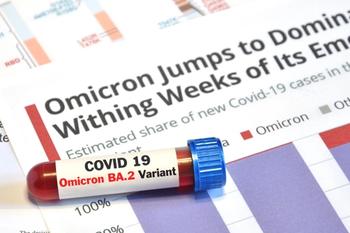
The BA.2 COVID-19 variant maintained the mutations necessary for viral entry, but developed an increased ability to evade neutralization by monoclonal antibodies.

Though all racial and ethnic groups saw declines in life expectancy, the impact was greater among members of minority groups.

Federal government agencies offer a best practices approach for testing, announce more laboratories are testing for the virus and provide insights on vaccines and therapies.
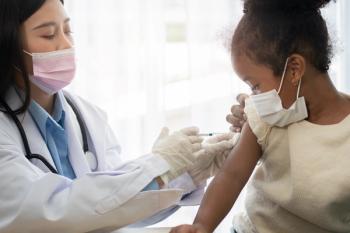
In children 5-11 years old, 2 doses of the Pfizer-BioNTech COVID-19 vaccine were moderately effective against documented, symptomatic Omicron infection.
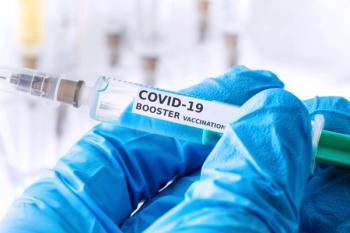
Predicted time to breakthrough infection after mRNA vaccination was significantly longer than the time to breakthrough infection after natural infection or after viral vector vaccination.

CDC attributes a 15% increase in deaths from antimicrobial-resistant infections in 2020 to impacts of COVID-19 on health and healthcare.
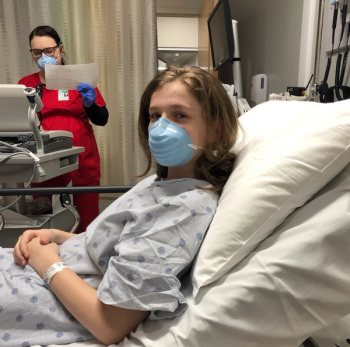
Most children with multisystem inflammatory syndrome in children (MIS-C) associated with COVID-19 receive improper antimicrobial treatment, according to a recent study that highlights an urgent need to improve diagnosis and treatment of the condition.
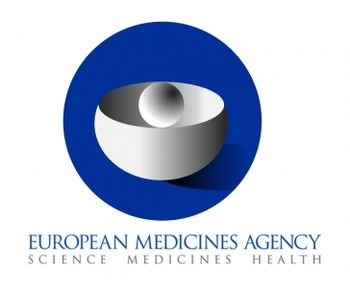
The European agency says there have been “a few cases of anaphylaxis.” The label will also include warnings for paraesthesia and hypoaesthesia.
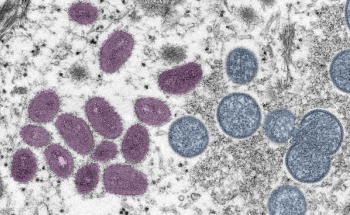
Investigators found potentially infectious monkeypox virus DNA in saliva and semen.
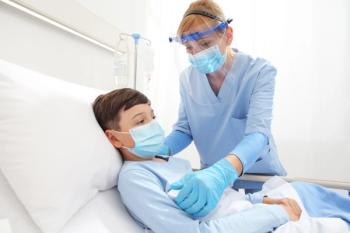
Children and adolescents previously infected with COVID-19 or MIS-C demonstrated insufficient antibody titers and neutralization capability against the Omicron variant.

There has been an increase in transmission rates, the release of new White House strategies to address BA.5, and new potential offerings to prevent and treat the virus.

The federal agency says it is indicated as a two-dose primary series for active immunization to prevent the virus in individuals 18 years of age and over.

Visceral leishmaniasis patients coinfected with HIV are vulnerable to other comorbidities including tuberculosis and cryptococcal meningitis but also to degrees of stigmatization and human rights issues.

Receiving a COVID-19 booster vaccine significantly reduced Omicron infections among National Basketball Association (NBA) players and staff.
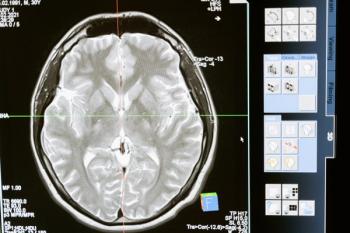
What are the impacts of COVID-19 and other respiratory-based diseases on neurological processes? A new observational study assesses the likelihood of Alzheimer’s, Parkinson’s, and stroke in people who contract COVID-19 as well as influenza and pneumonia.

The company’s investigational mRNA-1273.214 vaccine has now demonstrated significantly higher antibody titers against all tested variants.
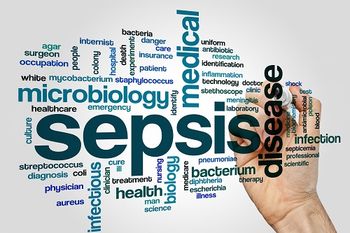
Hospitalization rates increased significantly after sepsis, with 11.9% of survivors rehospitalized for recurrent sepsis, and 56.6% receiving outpatient anti-infective treatment.

The CDC announces both the Mayo Clinic and Labcorp begin testing for the virus.

The federal agency linked Big Olaf Creamery ice cream to the recent outbreak in Florida.
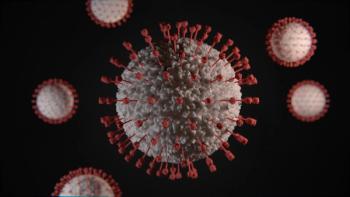
An active viral reservoir of COVID-19 spike protein was detected in 65% of patients with post-acute sequelae of COVID-19.
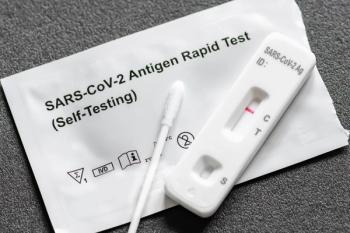
The overall sensitivity of rapid antigen tests was 63%. However, the tests had a limited ability to detect asymptomatic Omicron infections.
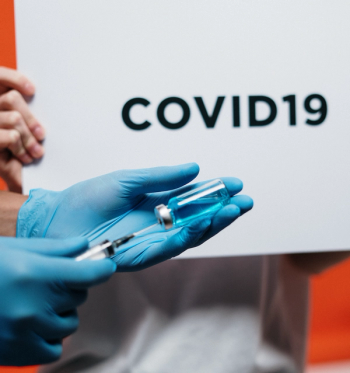
Health care workers in Italy infected with SARS-CoV-2 were less likely to develop long COVID symptoms if they were fully vaccinated and boosted with an mRNA vaccine, a recent study found.